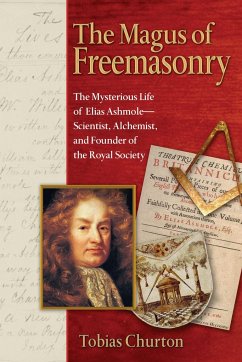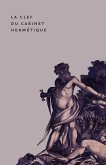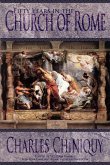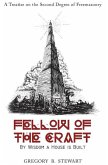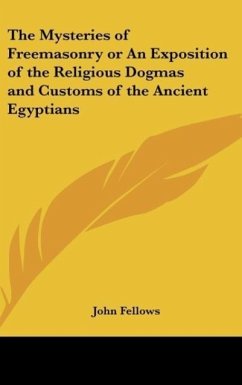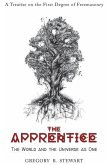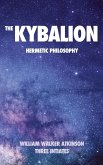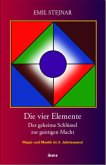Elias Ashmole (1617-1692) was the first to record a personal account of initiation into Accepted Freemasonry. His writings help solve the debate between operative and ?speculative? origins of Accepted Freemasonry, demonstrating that symbolic Freemasonry existed within the Masonic trade bodies. Ashmole was one of the leading intellectual luminaries of his time: a founding member of the Royal Society, a fellowship and later academy of natural philosophers and scientists; alchemist; astrological advisor to the king; and the creator of the world?s first public museum. While Isaac Newton regarded him as an inspiration, Ashmole has been ignored by many conventional historians. Tobias Churton?s compelling portrait of Ashmole offers a perfect illustration of the true Renaissance figure--the magus. As opposed to the alienated position of his post-Cartesian successors, the magus occupied a place at the heart of Renaissance spiritual, intellectual, and scientific life. Churton shows Ashmoleto be part of the ferment of the birth of modern science, a missing link between operative and symbolic Freemasonry, and a vital transmitter of esoteric thought when the laws of science were first taking hold. He was a man who moved with facility between the powers of earth and the active symbols of heaven.
Hinweis: Dieser Artikel kann nur an eine deutsche Lieferadresse ausgeliefert werden.
Hinweis: Dieser Artikel kann nur an eine deutsche Lieferadresse ausgeliefert werden.
"Reads like an adventure novel. Ashmole was one of the leading intellectual and spiritual lights of the time, an accomplished alchemist, and close friend to some of the most brilliant men in England. Churton has given us a compelling picture of Ashmole's life, the city in which he lived, and the guild structure of the time." Scottish Rite Journal of Freemasonry, Southern Jurisdiction, USA

